The Orenda Purge
When first using Orenda products like SC-1000 and CV-600/700, the initial dose is called the purge dose. So what is a purge? And why is it necessary? This article will explain.
Posts about:
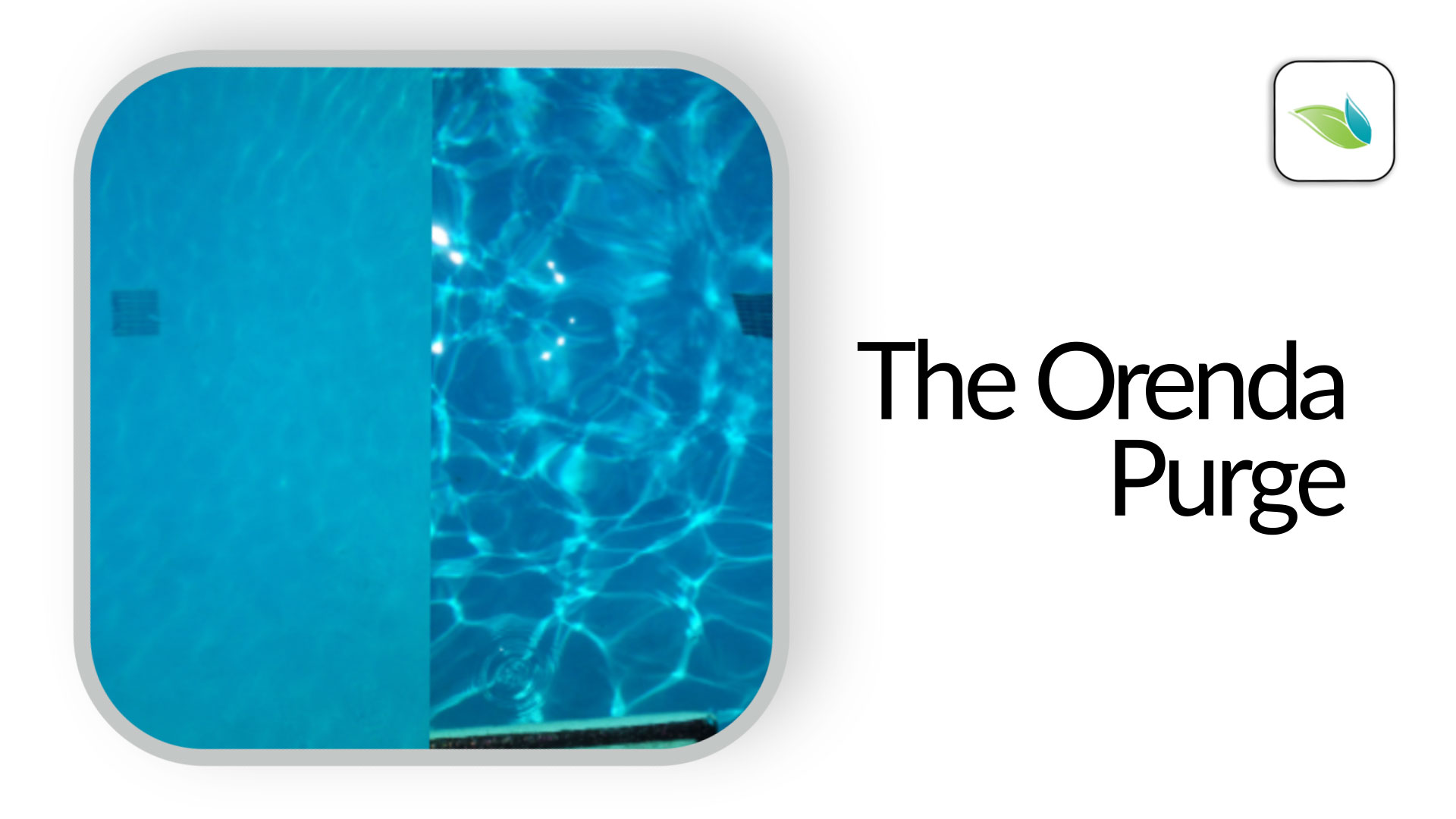
When first using Orenda products like SC-1000 and CV-600/700, the initial dose is called the purge dose. So what is a purge? And why is it necessary? This article will explain.
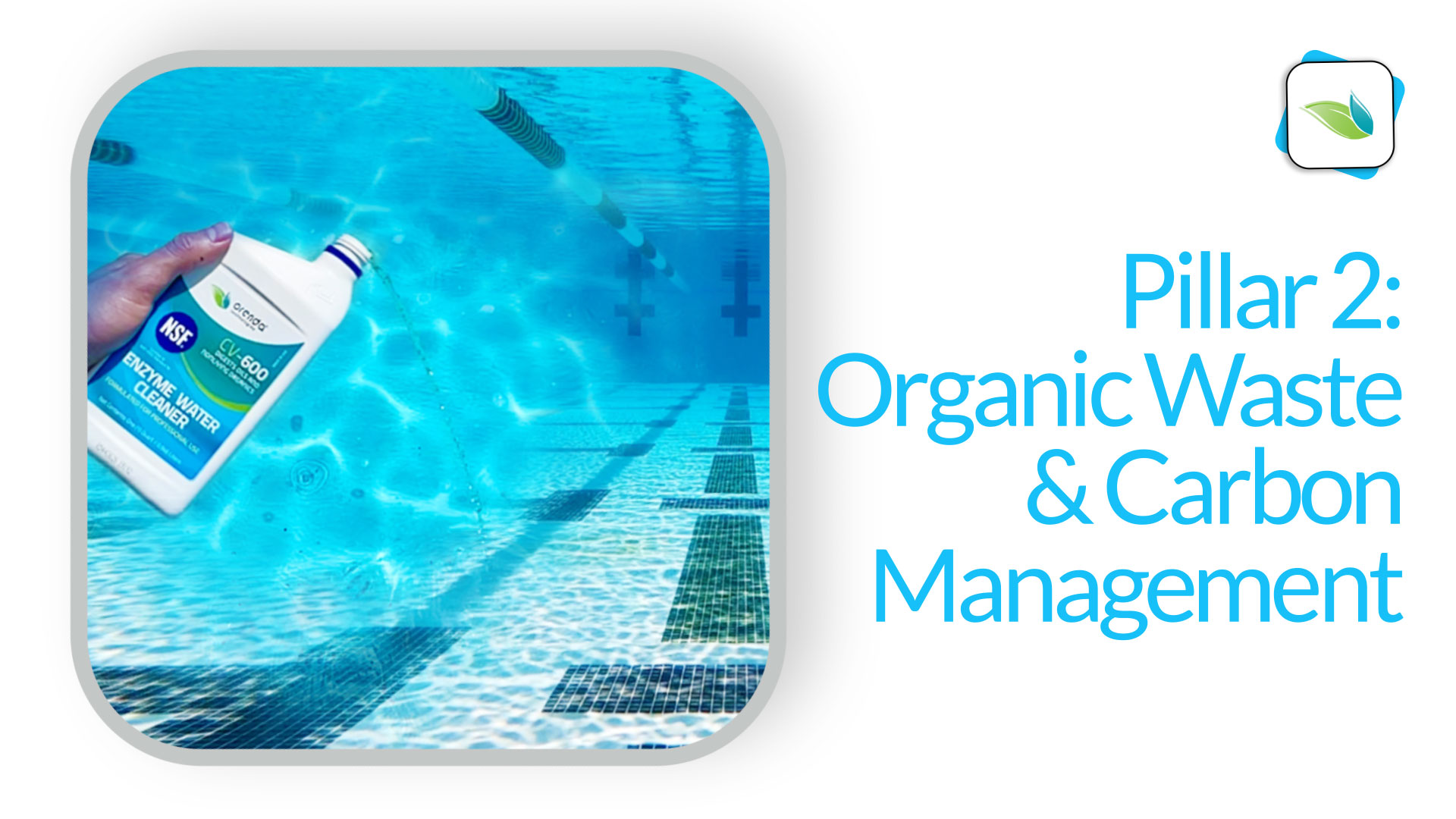
Bather waste. Non-Living Organics. Body Butter. Grease and oils. Whatever you want to call the organic waste products that contaminate swimming pools, managing them is the second of Orenda's Four Pillars. So what do we know about non-living organics? We know that swimmers and animals that use the pool leave behind oils and other carbon-based waste, and chlorine will try to oxidize these contaminants. Unfortunately, oxidation is not chlorine's specialty. Chlorine–or more specifically, the strong form of chlorine in water, Hypochlorous Acid (HOCl)–is primarily a sanitizer and disinfectant.

Nitrates, Nitrites and other Ammonia-based compounds can be confusing. We'll try to simplify it and why these things matter in swimming pools. We encourage you to read more into these subjects if you want to learn more.1
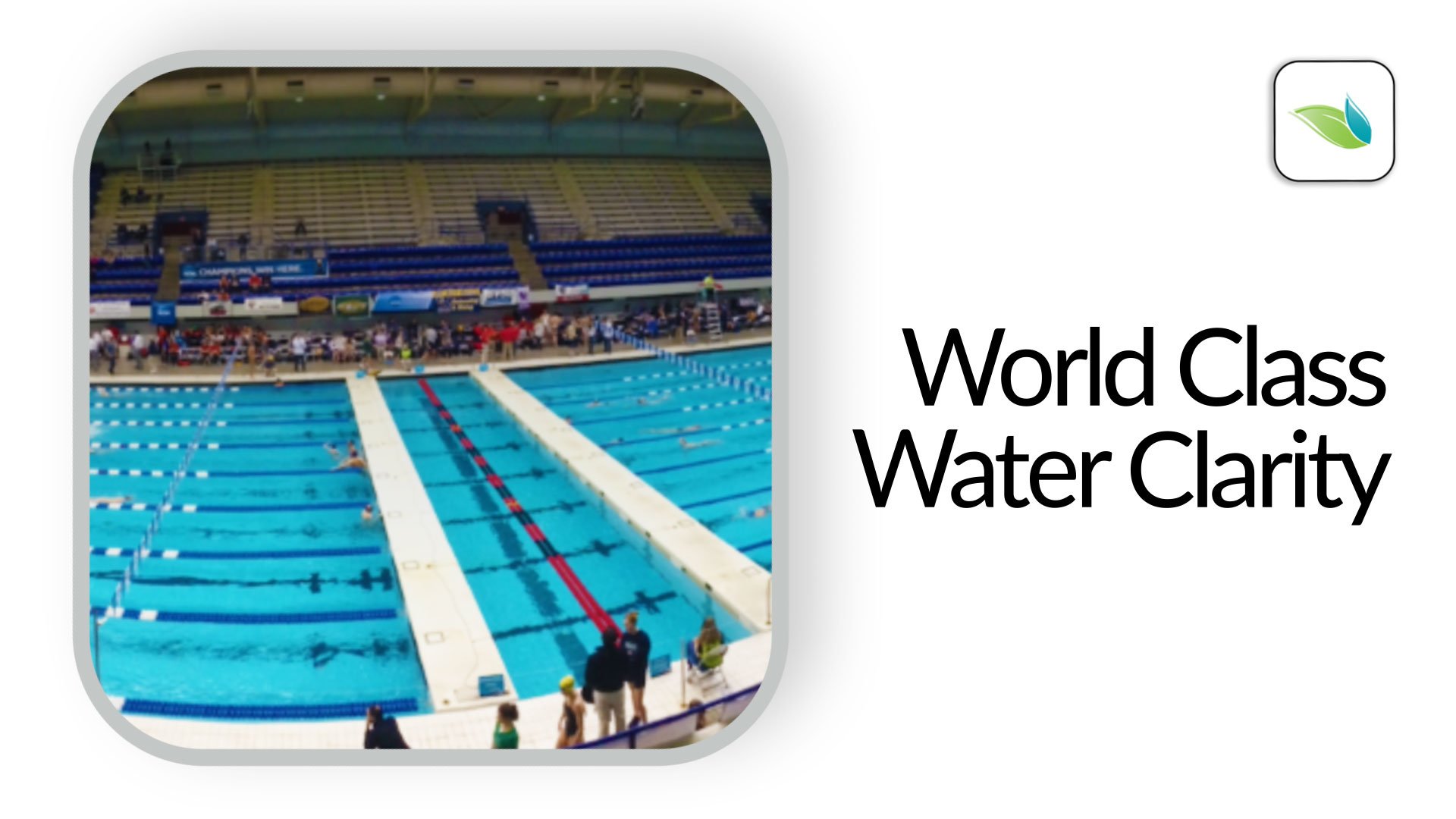
Any pool is capable of having world class water clarity, provided they have the right components and management practices. Most pools face cloudy pool water at least some of the time. In this article, we focus on the pools that consistently have stunning water clarity. What are they doing differently?
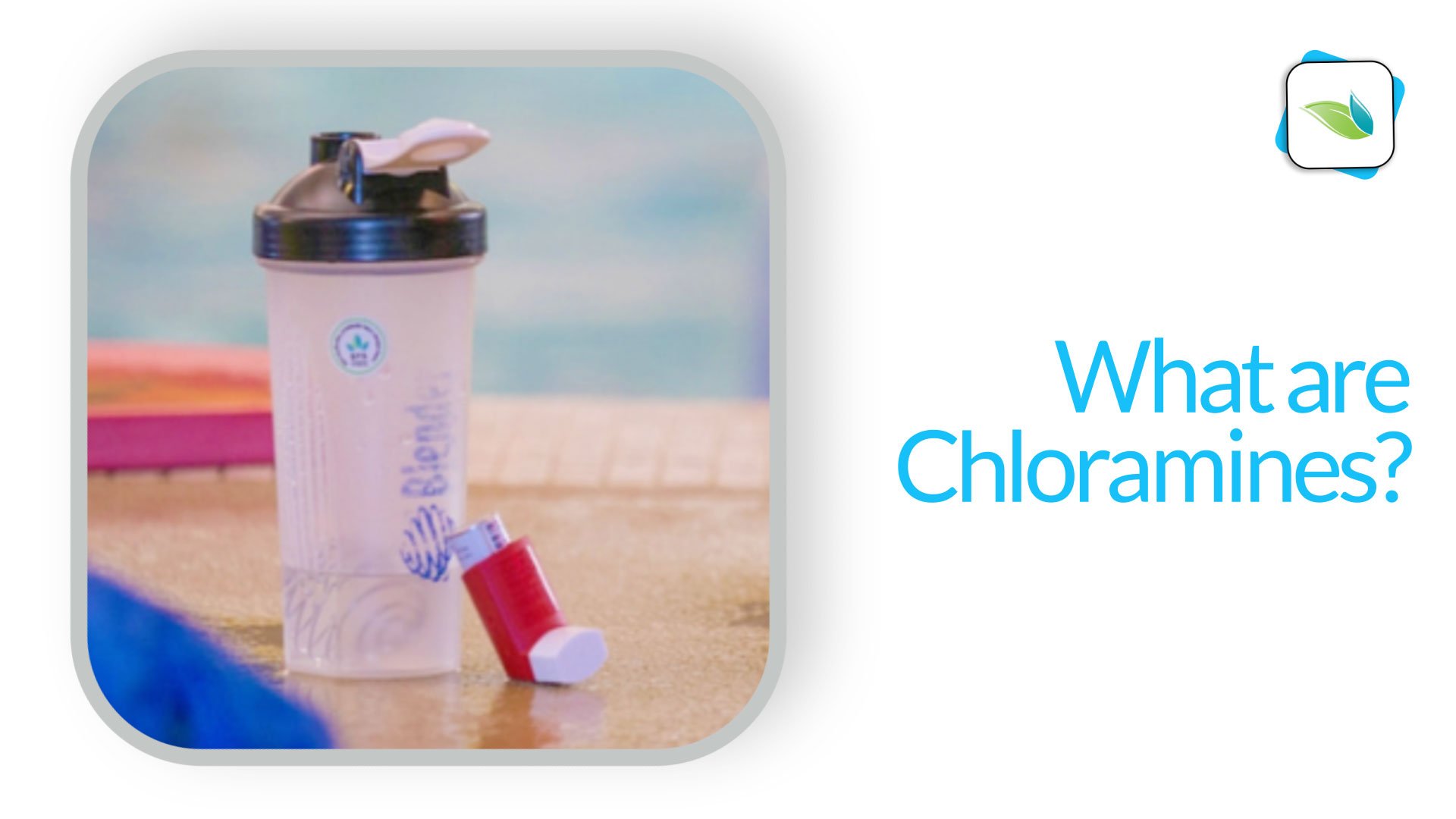
Technically speaking, chloramines are chemical byproducts of chlorine oxidizing inorganic ammonia in water. The term chloramines is used generically to describe all disinfection byproducts (DBPs) that result from chlorine oxidizing nitrogen compounds. Chloramines and these other DBPs are the main cause of air quality problems in indoor pools.
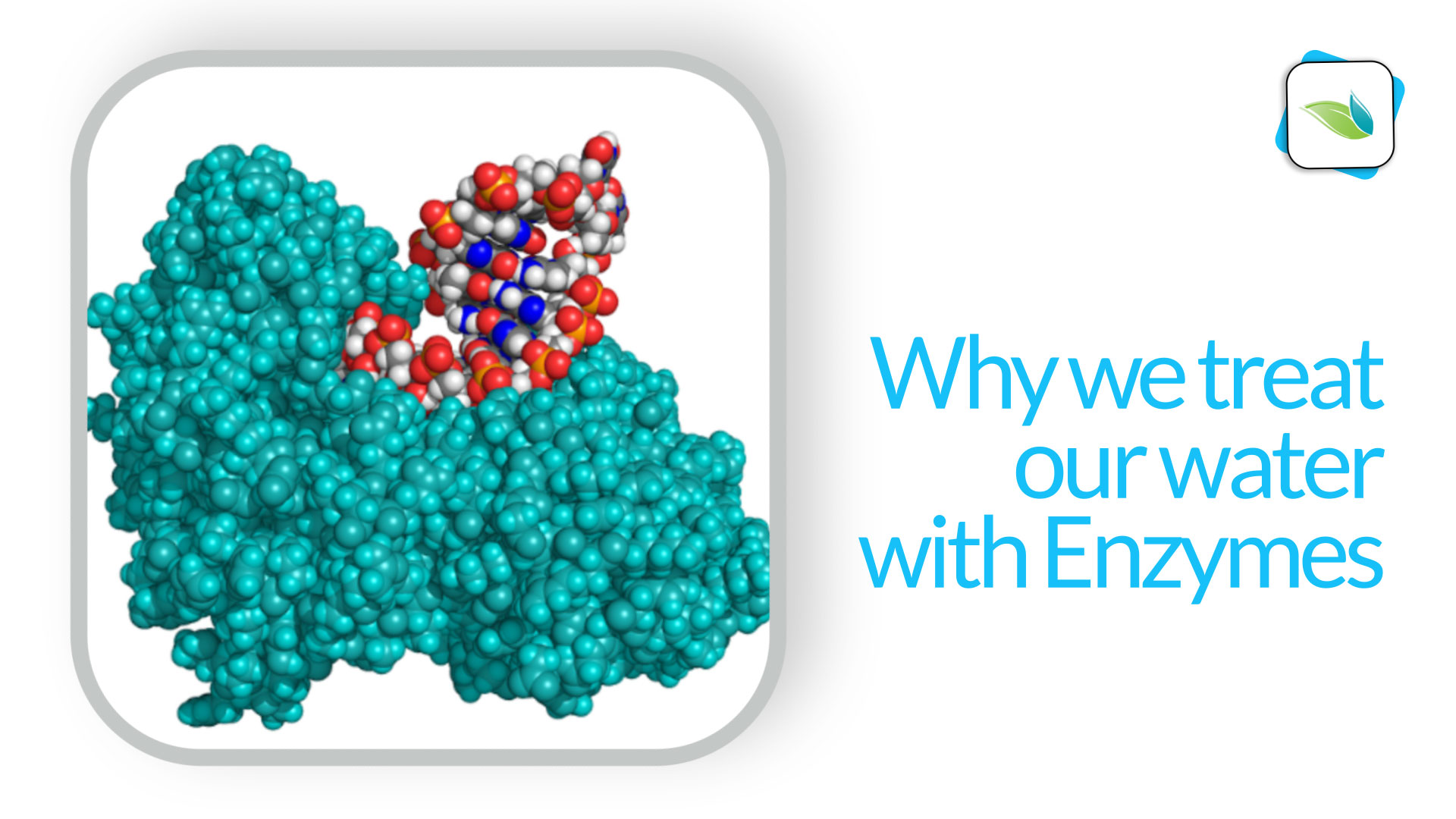
Chlorine is primarily a sanitizer. It's secondary role in pool chemistry is oxidation of other contaminants, like bather waste. Unfortunately there is a lot of bather waste and other oxidants that reduce chlorine rapidly, which interferes with its primary mission of sanitization. Enzymes devour non-living organics (bather waste). Supplementing your chlorine with enzymes is part of our Second Pillar of Proactive Pool Care.